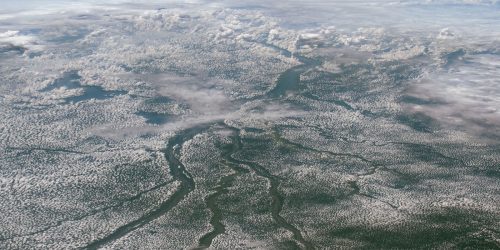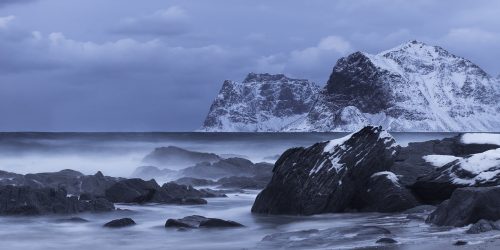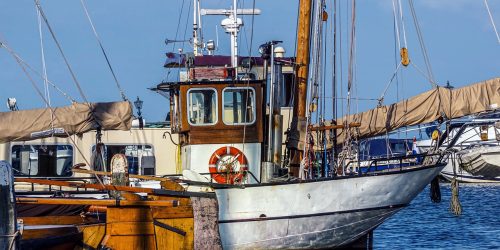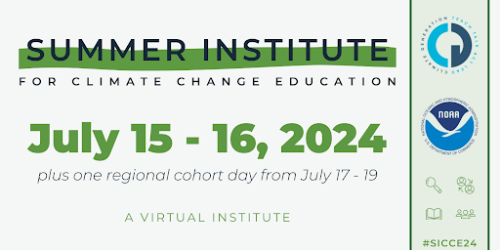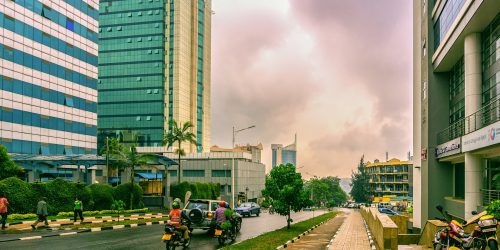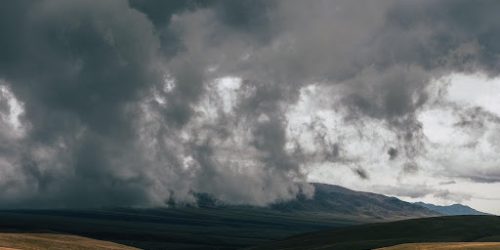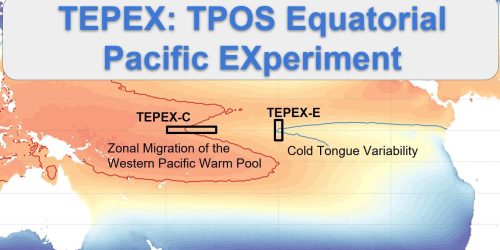NOAA’s Modeling, Analysis, Predictions, and Projections (MAPP) Program is funding nine new CMIP6 projects (14 grants, three other awards) including $2.1 million over the first year and $5.24 million over the three years of the projects.
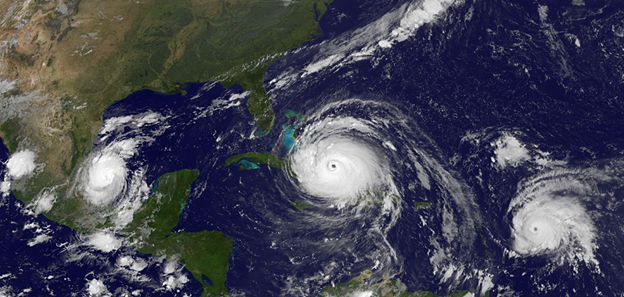

The Coupled Model Intercomparison Project (CMIP) initiative offers a coordinated community-wide opportunity for model intercomparison, benchmarking, and improvement. The sixth CMIP experiment (CMIP6) is currently underway, and is organizing the production of a core set of model experiments of past and 21st century climate as well as a number of process and phenomenologically-focused Modeling Intercomparison Projects (MIPs). A major overarching scientific question for the CMIP6 experiment, key to making strides in NOAA model improvement, is “What are the origins and consequences of systematic model biases?” Process-level evaluation of the CMIP6 models in comparison with observations, with targeted development of process-oriented metrics that provide insight into the sources of model bias beyond what performance metrics can provide, will greatly contribute to advancing NOAA models.
In FY 2018, the MAPP program is funding projects that address key issues in the representation of Earth system processes in CMIP6-era models to improve model fidelity, focusing on select processes relevant to one or more of the following research areas:
- Cryosphere
- Weather and climate extremes, including drought
- Sea level and coastal dynamics
In addition, diagnostics addressing cloud and radiative processes were encouraged, as these processes are of relevance across the above focus areas. In addition, modeling of the Arctic region, an area undergoing change with both local and remote consequence, is of particular interest. This work builds on a highly successful FY15-FY17 initiative to develop software and process oriented diagnostics. The effort resulted in significant collaboration between GFDL and NCAR as well as numerous critical collaborations with the academic community, significantly expanding the size and diversity of the community contributing to GFDL’s model development. These new FY18-FY20 investments will extend and expand this previous investment and contribute to NOAA’s exceptional modeling capabilities.
The nine projects supported by MAPP Data in FY18 include:
- Advancing understanding of Arctic sea ice variability and diagnostic predictability in ESMs with regional-to-global-scale process- oriented evaluation
- PI: Cecilia Bitz, University of Washington
- An Open Framework for Process-Oriented Diagnostics of Global Models
- PI: David Neelin, University of California, Los Angeles
- Co-PIs: Eric Maloney, Colorado State University, Andrew Gettelman, UCAR, Yi Ming, NOAA/GFDL
- ENSO-induced persistence of droughts and storms over the U.S. Affiliated Pacific Islands: development of process-oriented diagnostics to identify errors in climate models
- PI: H Annamalai, University of Hawaii
- Process-Based Evaluation of the Representation of Lake-Effect Snowstorms in the Great Lakes Region Among CMIP6 Earth System Models
- PI: Michael Notaro, University of Wisconsin-Madison
- Process-oriented diagnosis of tropical cyclone genesis and intensification in high-resolution global models
- PI: Daehyun Kim, University of Washington
- Co-PIs: Allison Wing, Florida State University, Suzana Camargo, Columbia University, Ming Zhao, NOAA/GFDL
- Process-oriented Model Evaluation for the North American Monsoon
- PI: Zhuo Wang, University of Illinois at Urbana-Champaign
- Co-PI: Lucas Harris, NOAA/GFDL
- Understanding Systematic Model Biases in Simulating the Pacific Dynamic Sea Level Variability and Change
- PI: Jianjun Yin, University of Arizona
- Understanding the Role of Radiative Forcing and Cloud-Circulation Feedbacks on Spatial Rainfall Shifts in CMIP6
- PI: Brian Soden, University of Miami
- Weather-type based cross-timescale diagnostics of CMIP6-era models
- PI: Angel Munoz, Columbia University
- Co-PI: Gabriel Vecchi, Princeton University


